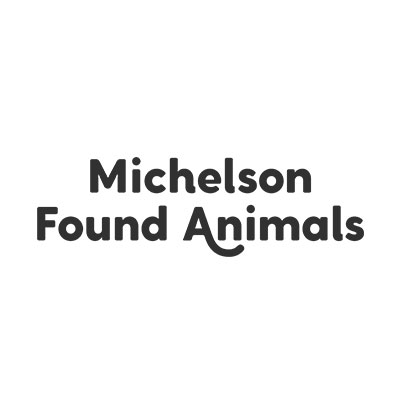New Report Shows Major Economic Benefits Associated with Pet Ownership
Washington, D.C. (May 23, 2023) — Pet ownership saves the U.S. health care system $22.7 billion annually, according to a newly released economic report. The report, commissioned by the Human Animal Bond Research Institute (HABRI), examined the health care cost savings associated with pet ownership in the United States.
The report – made possible by a grant from Banfield Pet Hospital – was co-authored by Terry L. Clower, PhD and Tonya E. Thornton, PhD, MPPA, both of whom have extensive expertise in economic and public policy research. Their analysis not only reflects savings from better overall health for pet owners in the form of fewer doctor visits per year, but also tracks specific savings for key public health issues affecting millions of Americans, including reduced obesity, reduced infections, and better mental health for children, seniors, and our nation’s veterans.
Annual Health Care Cost Savings Associated with Pet Ownership

“The results of this analysis are conservative and likely underestimate the positive health care savings connected to pet ownership,” said Dr. Clower. “Presently, there is not yet sufficient data available to calculate the direct heath care cost savings for some of the known beneficial health effects of pet ownership and we believe that future analyses will show even greater economic benefits.”
“By commissioning this economic report, we are documenting the important role of pets as valued contributors to public health,” said Steven Feldman, president of HABRI. “This data suggests that there should be stronger societal support for keeping pets and people healthy together.”
The full report, The Health Care Cost Savings of Pet Ownership, is available for download at https://habri.org/health-care-cost-savings/.
Report Methodology
The report authors conducted an analysis of the health care cost savings associated with pet ownership by examining the scientifically-documented health benefits of pet ownership; identifying the populations receiving these benefits; and quantifying the avoided health care costs for those populations. To do this, the authors first conducted a review of relevant, peer-reviewed academic and professional literature regarding the health benefits of pet ownership. The most recent cost estimates for health services and treatments related to the health conditions identified in the literature review were identified based on an examination of publicly available health care cost data. Pet ownership data was also identified from publicly available sources. The estimated savings to the U.S. healthcare system associated with pet ownership were calculated using these inputs. An additional discussion of identified health benefits associated with pet ownership for which cost savings calculations could not be made was also included in the report.
About HABRI
HABRI is a not-for-profit organization that maintains the world’s largest online library of human-animal bond research and information; funds innovative research projects to scientifically document the health benefits of companion animals; and informs the public about human-animal bond research and the beneficial role of companion animals in society. For more information about HABRI, please visit www.habri.org.
Contact
Hayley Maynard
Hayley@inspireprgroup.com
614.701.8205
###





